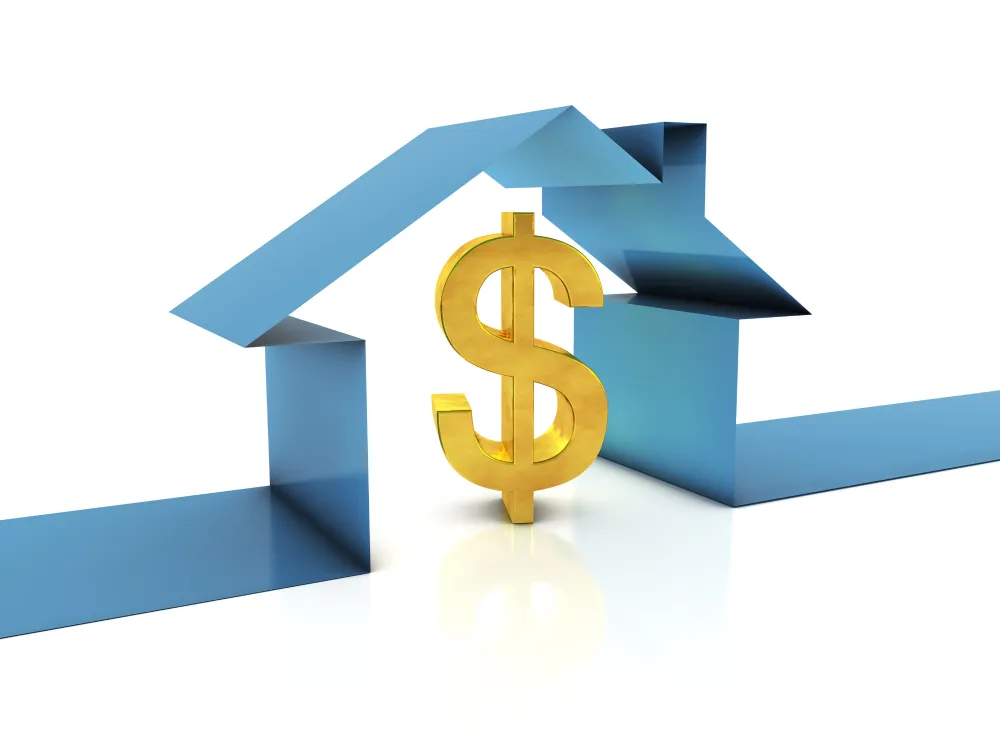
The Ultimate Cost Comparison: PCP vs Leasing vs HP Loans
Deciding how to fund your next vehicle can be slightly bewildering when there are myriad alternatives available. The choices of Personal Contract Purchase (PCP), Hire Purchase (HP), and car leasing have somewhat distinctive pros, costs, and longevity.
Understanding how they differ helps inform a more prudent financial decision based on lifestyle and driving needs. Read to see how each compares to costs, flexibility, and ownership.
Understanding PCP Finance
PCP financing is designed to be the most flexible car finance option available. You pay an upfront deposit, then a series of fixed monthly installments for a period of time - usually two to four years. One of the more attractive things about PCP is that you have an optional balloon payment at the end. You can pay the balloon payment if you want to keep the car, you can trade the car for a new one, or you can just give it back with nothing further to pay.
A downside to PCPs is that the interest is usually added on top of both the monthly payments and the final balloon payment, which can make the overall cost higher than it initially appears. Other than that, monthly payments are generally lower than an HP loan because you are not paying for the full value of the car during the loan term.
PCP can be attractive if you want to trade into new cars frequently. If this sounds appealing, the idea of pcp car loans may help you keep the price manageable while allowing you to keep your options open at the end of the loan term.
How Leasing Compares
Leasing, which is also known as Personal Contract Hire (PCH), operates differently in that you are technically long-term renting the vehicle. You will pay an initial payment and then fixed monthly payments for an agreed-upon term, which is typically two to four years, after which you return the vehicle.
The major benefit of leasing is that your monthly payments will be lower because you will not own the vehicle and will not be paying down all of its depreciation. This is a good option for people who like to drive a new car every couple of years and do not want to worry about selling away the vehicle later. Furthermore, servicing and maintenance can sometimes be included as part of the lease which can be beneficial.
However, there are limitations. You will be held to an annual mileage cap, with fees for going over that. Also at the end of your lease any damage to the vehicle over fair wear and tear can cost even more. A lease plan meets the needs of someone who prefers not to own the vehicle and values affordability and simplicity.
Breaking Down HP Loans
With Hire Purchase (HP) finance, you'll have the simplest route to ownership. You pay a deposit and the rest of the balance is spread out in fixed monthly payments for the length of the term. At the end, once you make the last payment, the car is yours with no final balloon payment.
HP typically has higher monthly payments than PCP or leasing but don't have to worry about mileage restrictions and end-of-contract fees. This can be beneficial to someone who wants to keep the car long-term. Ultimately, the HP route can be more economical since you end up owning an asset rather than returning the car.
Cost Comparison: Which Option Works Best?
When comparing costs, it is important to look beyond monthly payments to the overall value you receive.
- PCP: You will be paying lower monthly payments, but the total cost will be more expensive if you decide to buy the car afterwards. It is best for those who like the flexibility of changing vehicles often.
- Leasing: You will pay monthly the least amount of money, but there is no ownership and you may incur charges after the lease term. It's ideal if you like to drive new vehicles often.
- HP Loans: Monthly payments will be higher but you will have full ownership once it is all paid off. It is ideal for someone who will keep the car for the long term.
Consider how often you change vehicles, how much you drive the car and how important transferring ownership is to you. Remember that interest rates, mileage limits, and deposit sizes all affect the total price you will pay, so it would be wise to shop around for quotes before signing an agreement.
Choosing the Right Finance Path
In the end, the best option relies on your driving behaviour and financial goals. If you care most about flexibility, then while PCP gives you the greatest freedom at the end of your agreement; if simplicity and affordability are your main priorities, then leasing may be more suited for you. However, if your focus is on owning your car outright, then with Hire Purchase you know from the beginning of your agreement what your ownership position is.
If you understand how these options differ in terms of cost and control, it will make the decision easier as to which best aligns with your objectives and budget. By understanding these differences, you will be able to have confidence with your decision the next time you finance your car.


